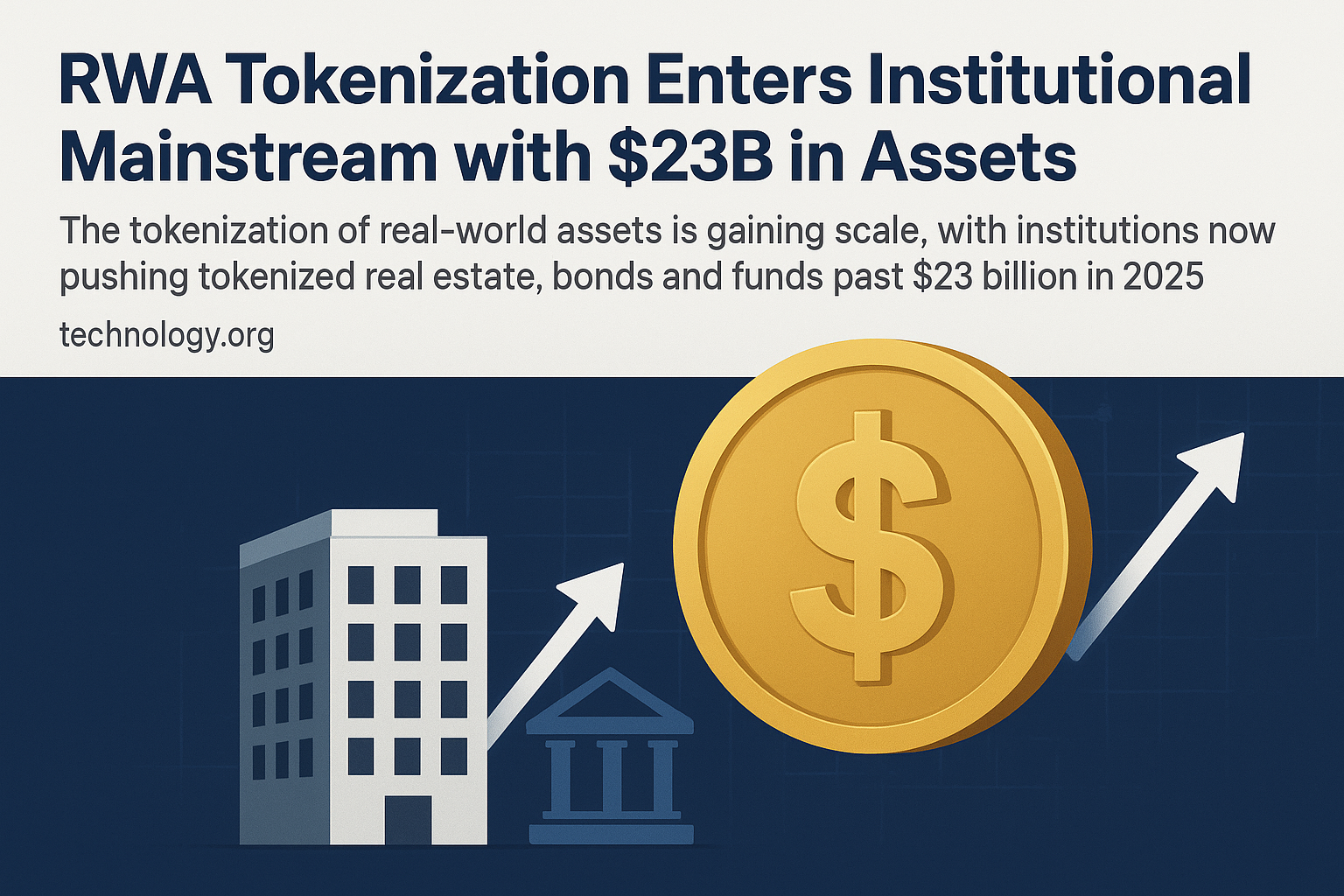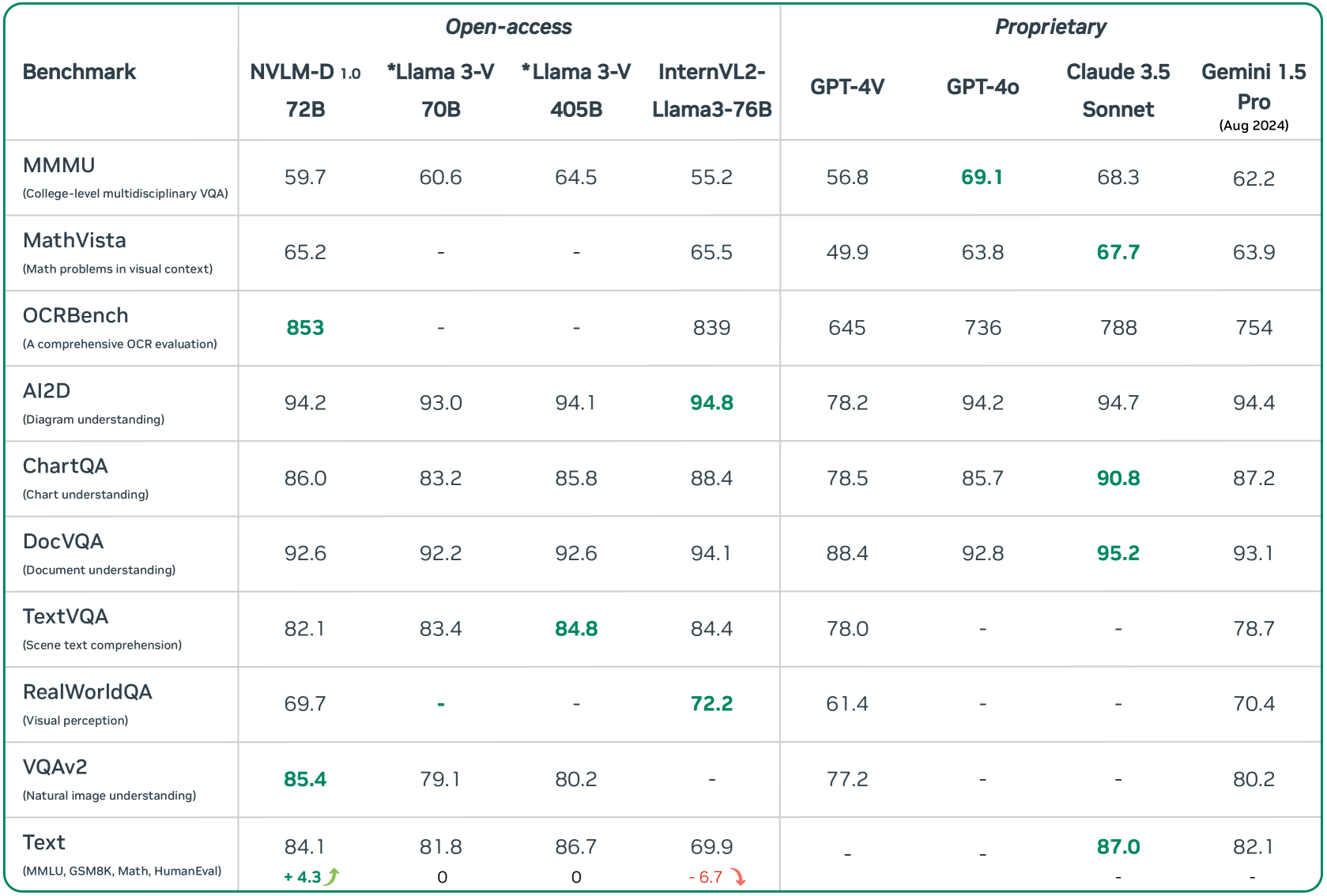Artificial Intelligence (AI) is rapidly transforming industries and economies, becoming a crucial factor in determining national power. As countries race to enhance their AI capabilities, investments in AI infrastructure are skyrocketing, reshaping the global economic landscape and influencing future geopolitical dynamics.
AI: A Critical Driver of Economic Growth
The economic contributions of AI are expanding at a remarkable pace, with industries like manufacturing, healthcare, finance, and retail integrating AI technologies to improve efficiency, innovation, and productivity. According to recent reports, AI could contribute over $15 trillion to the global economy by 2030. This exponential growth underscores how AI will play a vital role in the economic strategies of nations in the years to come.
Countries are recognizing that AI’s ability to optimize processes, analyze massive datasets, and drive automation will be essential for maintaining global competitiveness. As a result, AI has evolved from a technological trend into a cornerstone of economic development, attracting massive public and private sector investment.
National Investments in AI Infrastructure
Several countries are leading the charge in investing in AI infrastructure, recognizing that technological leadership will define future economic power. The U.S., China, and the European Union are among the top investors, pouring billions into AI research, development, and deployment. These nations are focusing on building robust AI ecosystems that include state-of-the-art data centers, cutting-edge hardware, and AI talent development.
For example, China has positioned AI as a critical pillar in its national strategy, with the government actively supporting AI startups and incentivizing innovation. Similarly, the U.S. government has launched initiatives to support AI research and development, ensuring the country remains a global leader in AI-driven innovation.
AI as a Measure of National Power
In the coming decades, AI’s influence on national power will extend beyond traditional measures like military strength and economic size. The ability of a country to develop and apply AI technology across various sectors will become a critical metric of its global standing. Nations with the most advanced AI systems will be better equipped to enhance their economic output, influence international markets, and lead the future of innovation.
The economic impact of AI is also expected to drive policy changes. Governments are already focusing on creating regulatory frameworks that balance AI’s growth with the need for ethical considerations and cybersecurity. The countries that can successfully foster AI innovation while managing its risks will gain a significant competitive advantage.
As AI continues to transform industries and economies, its economic impact will become a defining factor in national power. Countries investing heavily in AI infrastructure are positioning themselves to lead in this new era of global competition. With AI contributing significantly to economic growth, innovation, and efficiency, the future of national influence will be determined by those who can harness its full potential.




